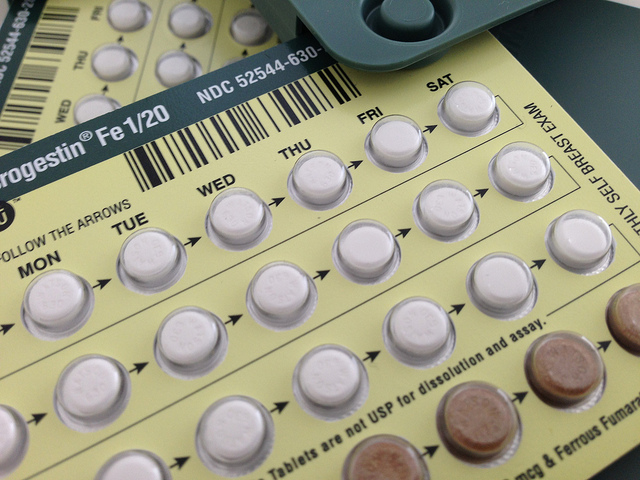We may be a very advanced society regarding women’s rights and emancipation, compared to some distant cultures. Yet, for a staggering 50% of young women, intimate health and contraception is a big taboo. For half of those women, it is synonymous of duty more than pleasure, and many try to pack it somewhere safe at the back of their mind alongside with the car MOT and council taxes. It’s time to wake up ladies, and to learn to take care of yourself so that you can take care of your health without embarrassment. Let’s all relax and talk about the health industry behind our bedroom fun.
Why Is it Taboo?
This is a fair question when we think that we live in a society where intimate health is an embarrassing topics and synonymous of evil. While this tacit agreement of silence means that most of us are likely to catch at some point of our lives a benign SDI, we can’t help but wonder: Why does it remain a big taboo? The answer finds its grounding primarily in our conception of a polite discussion – public sex talks are still frown upon – and also in our education. For the majority of us, our parents might have once touched on the famous bee conversation and only with great apprehension. Consequently, we are likely to walk in their footsteps and avoid if at all possible talks during our adult life. While it is generally considered polite to avoid the topic, we need to be honest with ourselves: With 50% of young women being left without a clue about prevention, it is essential to open up to your partner and discuss with them what your options are. Too many young women complain that they feel too embarrassed to mention the subject, which could be easily resolved if both partners agree to trust and respect each other at all times. We need to accept as a society that there is more to our sexual life than reproduction and that is essential to discuss and take care of your intimate health.
Protected Or Unprotected In A Relationship
You know the talk already: Don’t have unprotected sex. You have heard it enough, and this is why I won’t repeat it too much here. Besides, protected intercourse is not uncommon. Most teens and young women still insist on using a condom with their partner when they both decide to pursue their relationship in the bedroom.
But for long-established couples, the decision on the right type of contraception is rarely discussed. If you are in a long relationship, there is a time when you both agree that you trust each other and that there is no need for a condom anymore. As much as I wish for you to reach this point in your relationship, I can’t insist more on this: Do get tested before you finally ditch the condoms for good. This doesn’t mean a lack of trust in your partner. But it is important that you both know that you are safe. It is not uncommon for people to carry an SDI without knowing it, so it’s best to be on the safe side with a test before you abandon all protection.
With more than half of the population doomed to catch an STD (sexually transmitted disease) during their lifetime and the estimate of over 110 million of STDs in the USA in 2008 only, we need to be more upfront about intimate health. It’s important that you do not skip the protection conversation with your partner, even if it makes you feel awkward because your life might depend upon it.
Choosing The Right Contraception For Your Needs
When we think of contraception, it is the contraceptive pill that jumps to mind first. The pill is a favorite for women to monitor their periods and manage a comfortable sex life. But more and more voice their complaints against the hormonal tablet that can lead to unbalance, depression and additional weight, without mentioning the accidental night when the pill lies forgotten at the bottom of a handbag. So there are soft alternatives to the contraceptive pills that you can discuss with your partner: Women have the possibility to introduce an internal condom that catches sperms in the womb, or they can use a hormonal patch, or they can also choose a hormone shot that keeps them covered for a few months.
This is not all as men too have seen their contraceptive options change: Scientists are currently developing a contraceptive pill and injection for men. Soon couples might be able to set up pill rota throughout the year, which would help them to maintain a healthy hormonal balance!











Comments are closed.